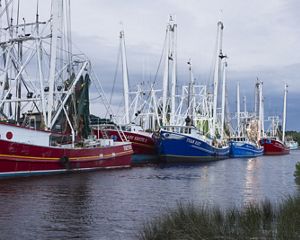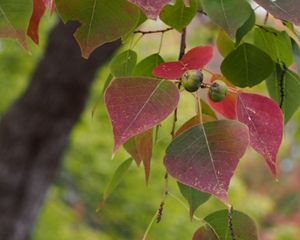Healthy Alabama Waters
We are working to secure clean and abundant waters for all Alabamians.
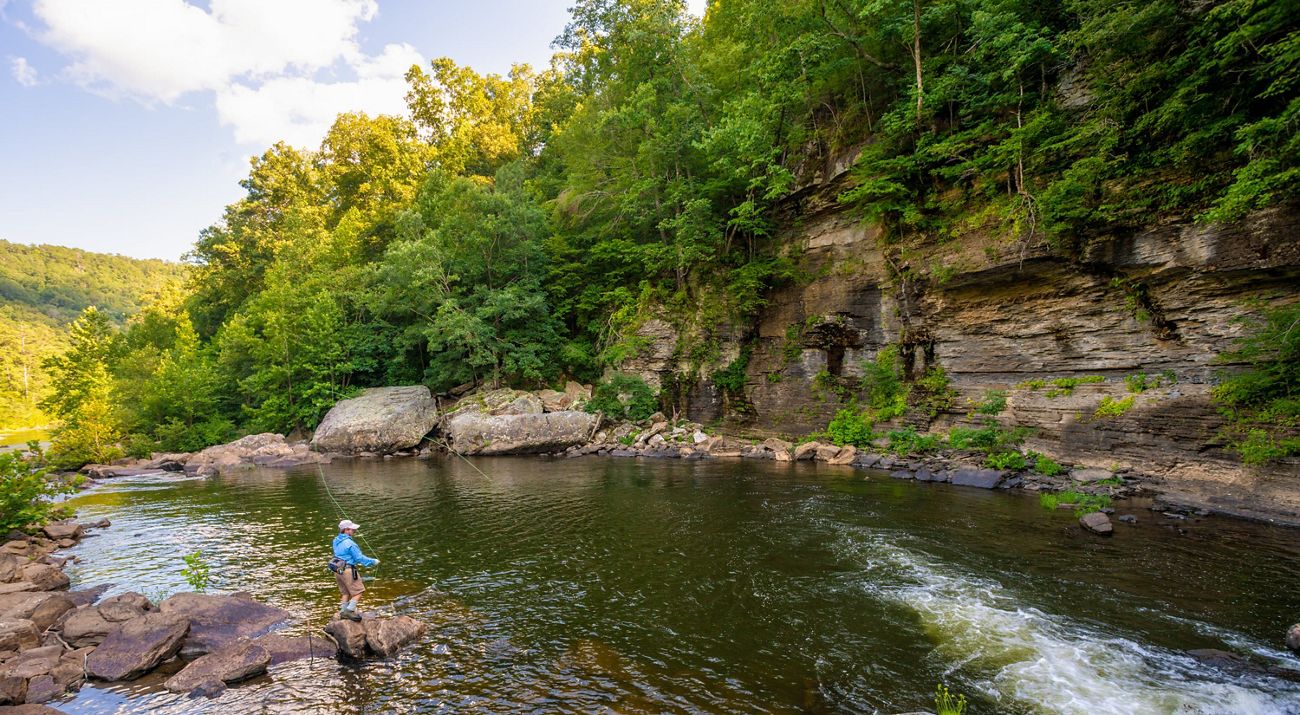
Our rivers, streams and wetlands form a vast circulatory system in Alabama. They connect Mobile Bay to the Cahaba, and Alabama to the Gulf Coast and beyond.
Alabama's waterways are also choked by dams and sediment runoff that block the veins and arteries of this complex natural system. These are the most ecologically diverse rivers, streams and wetlands in the United States, but they also lead the nation in aquatic extinctions.
Alabama's Waters are Unique
-

10%
Of freshwater resources in the continental U.S.
-

20
Fish species found nowhere else in the world.
-

132,000
Miles of rivers and streams.
Our Goals for Alabama's Waters
TNC works with our partners in Alabama in pursuit of the following freshwater conservation goals:
Our Freshwater Projects
The Nature Conservancy is embarking on ambitious plans around the state to pursue natural solutions for securing clean and abundant water for all Alabamians.
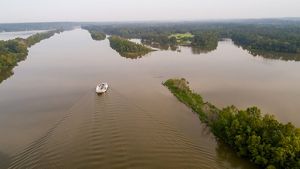
Reconnecting Rivers
Ecologically reconnect the Cahaba and Alabama Rivers to the Gulf to allow native migratory fish to once again reach important spawning grounds.
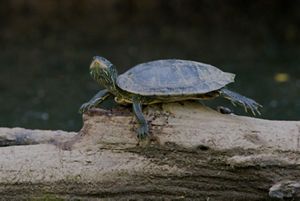
Preventing Erosion
Conduct bank stabilization and sediment abatement projects in the beautiful and diverse Paint Rock River near Huntsville.
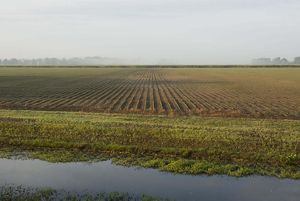
Protecting Farmland and Water Quality
The Farm Bill helps Alabama farmers protect their lands from streambank erosion and while maintaining and improving the water quality in three biologically significant systems: the Paint Rock River, the Locust Fork of the Black Warrior River and Big Canoe Creek.
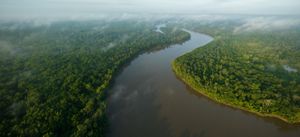
Securing Key Freshwater Habitat
The Holdfast Collective, the grant-making arm of the apparel brand Patagonia, made a gift in 2024 that allowed TNC to acquire a nearly 8,000-acre tract where the Alabama and Tombigbee Rivers join known as the Mobile Delta’s Land Between the Rivers.
A whole-system approach to protecting our waters means working across the state, in a range of environments. From our urban efforts in the Birmingham area, to supporting farmers in north Alabama, and building fish bypasses in the south, our strategies address a system that is by definition interconnected.
-
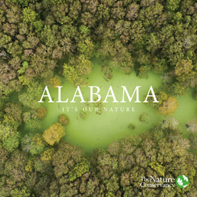
Case For Support
Alabama is the center of the world’s biological diversity of freshwater invertebrates and the continental center of diversity for many other plants and animals. There are hundreds of species in Alabama that are found nowhere else on Earth.. Help us with the critical work of conserving Alabama.
Download

